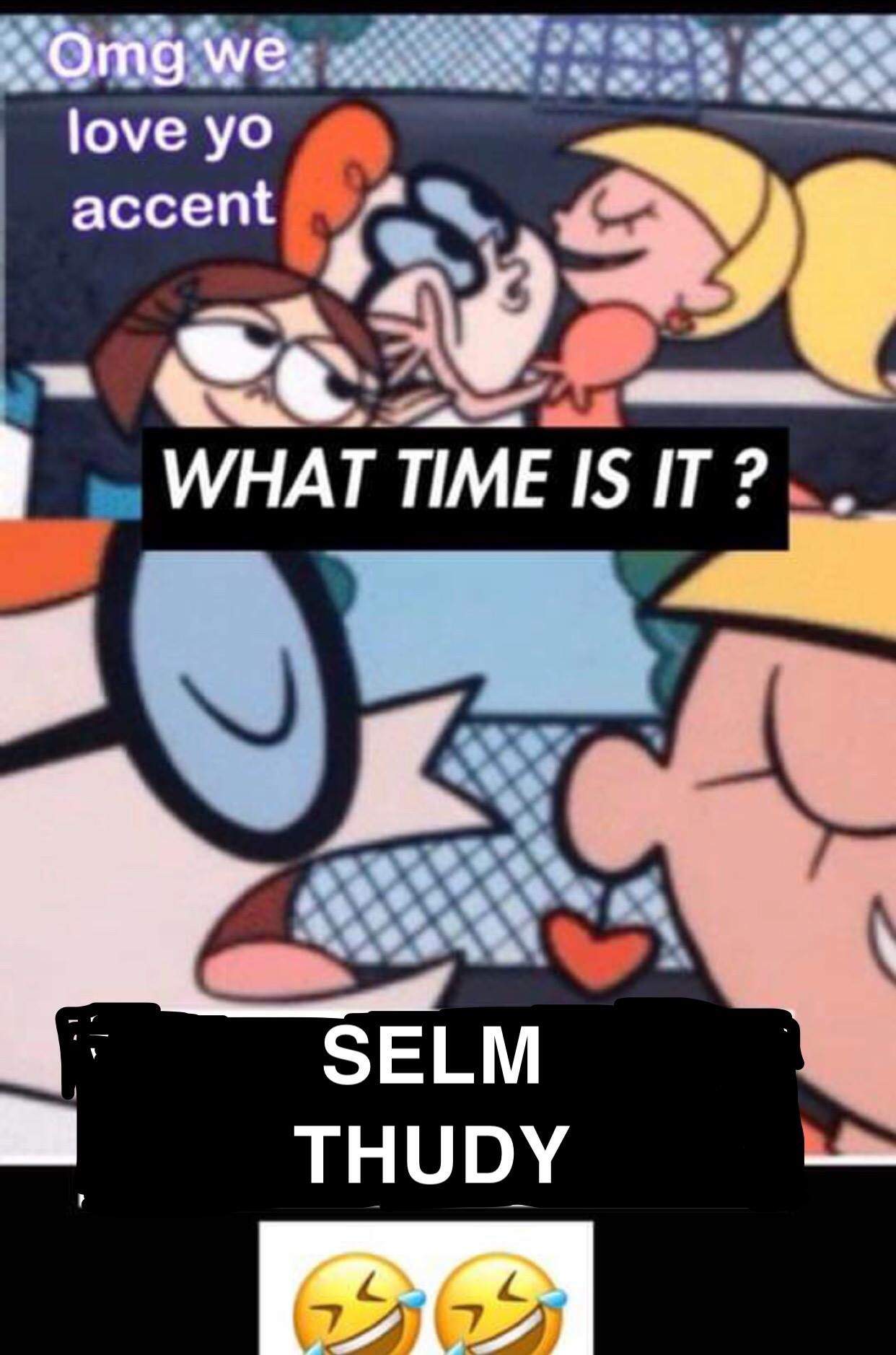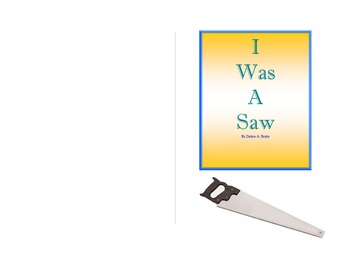
“Well I need to go now, I want to work on a project that I have.” I wonder if it would have been more proper or at least clearer to have said Well I have got to go now, I have got to work on a project that I have got. I guess I’ll need (oops, my mistake) I guess I’ve got to be ok with ads like “Got Milk?” and its derivatives like a shirt I recently saw printed “Got CPR?” I believe that if you polled a lot of people, and asked the definition of got (not have got) they would say something similar to “have”, and that’s my issue, the distinction between have and got doesn’t exist to a significant % of the population.īut, apparently I’m alone on this side of the fence and the rest of the world is not only ok with “I’ve got” you’re downright in love with its use and mad that I suggest its might incorrect. I’m mainly suggesting the words are interchanged so often (by those that don’t seem to know the definitions) that their distinction is lost.Ĭhris B, does that mean that you couldn’t stack “huge", "massive", "gigantic", "very big", "enormous" and "colossal" in some order of increasing size and that they mean exactly the same? IE might you consider an enormous mountain to be different size than a very big mountain? JJMBallantyne, “there and they’re (I should have included their)” synonymous or homographic? Maybe homographic would be better, maybe not. Should you know? Yes, but that’s not a guarantee. Milamber, I appreciate and applaud your credentials however in my 29 years in my own profession one thing I’ve learned is that it’s hard to find someone who knows everything about their profession.
Seen vs saw aave full#
'I got a car' (get) is a red herring it has nothing to do with 'I've got a car' (have got), full stop. See comment above), but please look under 'have got', not 'got', which is something completely different. It's natural Standard English - just check a dictionary (BrE are likely to have more about it. (Notice past, future and perfect forms all use simple 'have') This usage for possession is probably more common in the UK than simple 'have'. 'have got' = alternative present tense of 'have' for possession - no more, no less. My EFL students can handle it easily enough. He also had three yesterday and will probably have a couple more tomorrow. This afternoon alone he's got three client meetings. His company's got an important contract which has to be finalised this week, so they've got a lot of work on. But sometimes the pressure can be a bit much. "Luckily he's got a good job to pay for all the upkeep. The house has also got a huge garden, which needs a lot of attention." He's got a wonderful family and they've got a lovely old house in the country, which his family have had for centuries. They also say that this use for possession is mainly in - again in BrE 'I have a rash' means exactly the same as 'I have got a rash' - 'have got' is simply an alternative present tense of 'have' (Shaw - Practical English - spot on, as usual. Both Oxford and Cambridge Advanced Learner's Dictionaries list 'have got' under 'have', not 'get'.

So - not in BrE at least, where 'I've got a car' means 'I possess a car', whereas 'I've just got a car' means 'I've just obtained a car'. Most of us use redundancy the whole time in spoken language. Why can't people simply enjoy using the language we all speak, and the choices we have in formulating it, without constantly looking for so-called errors. Second, I confess I cannot understand this current obsession with redundancy.


I imagine that this was the origin of many irregular forms.

I suspect, but have no scientific evidence to back this up, that very often when we have a choice, between 'which' or 'that' for example, we go for the one which involves the least mouth movement. The second is more efficient (we don't have to open wide for the 'a' sound in have, everything goes smoothly forward). Say 'I have a car' and then 'I've got a car', and notice how your mouth moves. First, I suggest you do a little experiment.


 0 kommentar(er)
0 kommentar(er)
